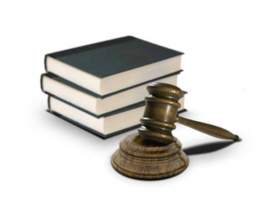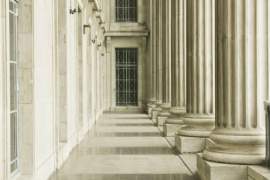
Quick Guide to Internet Censorship

What is Internet Censorship?
Internet censorship is the control or suppression of accessing or publishing certain information on the Internet. Internet censorship aims to block users from accessing information that is typically viewed as harmful or that infringes on a copyright.
In addition, internet censorship is used to outlaw or discourage publishers from producing certain content that can be deemed as hurtful or in violation of copyright laws.
Internet Censorship versus Offline Censorship
Internet censorship contains national borders that more permeable when evaluated from an online standpoint. Residents of a particular country that will ban certain information through the institution of an internet censorship can find websites that will contain the desired information from other countries.
That being said, the Government can prevent its citizens from viewing these abroad websites even if it has no control over the web domains or sites themselves.
This technique, known as filtering, is a fundamental form of internet censorship. Filtering can be based on a blacklist (a list instituted by the Government that will label all websites or information that should be banned).
Ways to ban information on the Internet
Some countries, such as North Korea, will establish control over Internet-connected computers. This form of total internet censorship, although difficult to institute due to the underlying distributed technology of the Internet, is effective in controlling the flow of information and the public’s ability to retrieve information.
In some instances, Internet censorship may involve deceitful techniques. In these instances, a censoring authority (such as a government agency or large Internet company) may block content while leading the public to believe that the form of Internet censorship has not been applied.
This technique or instance may be accomplished by issuing a fake ISP which will provide a fake or “not found” error message upon the user’s request of accessing the Internet page.
Types of Internet Censorship
IP Blocking: A form of Internet censorship that blocks an IP address from being accessed. If the targeted Web site is hosted in a shared hosting server, all websites on the particular server will be blocked from access. This form of Internet censorship affects IP-based protocols such as FTP, HTTP and POP.
DNS Filtering and Redirection: This form of internet censorship does not resolve domain names or return incorrect IP addresses. This type of Internet censorship affects all IP-based protocols such as HTTP, FTP and POP.
Uniform Resource Locator Filtering: This form of Internet censorship will scan the requested URL string for target keywords regardless of the desired domain name specified in the URL.
Packet Filtering: This form of Internet censorship terminates TCP packet transmissions when a certain number of controversial words or keywords are detected.
Connection Resets: An aggressive form of Internet censorship that will block future connection attempts from accessing sites. If a previous TCP connection is blocked by a filter, all future connection attempts from both sides will also be blocked for at least 30 minutes.
Depending on the location of the particular block, other users or websites may also be blocked if the communication is routed to the location of the block.
NEXT: Step By Step Instructions On How to Block a Website




















